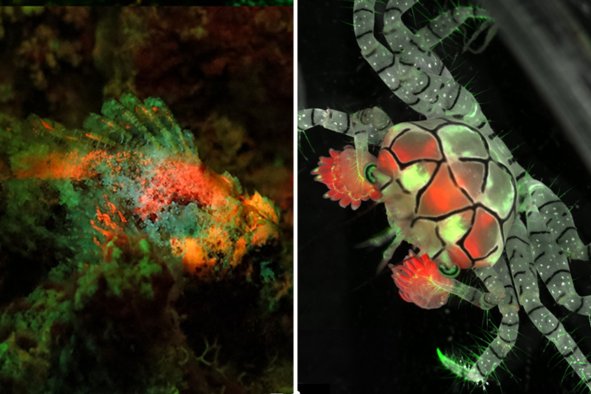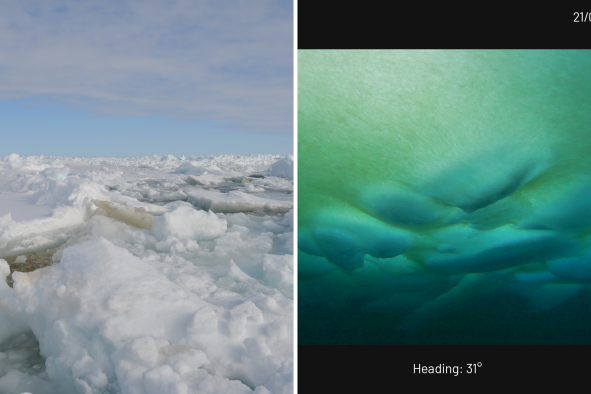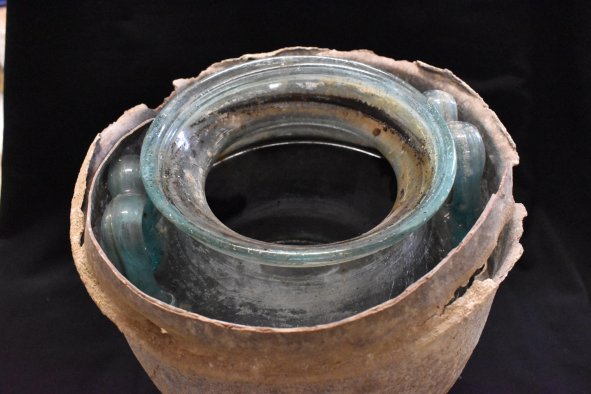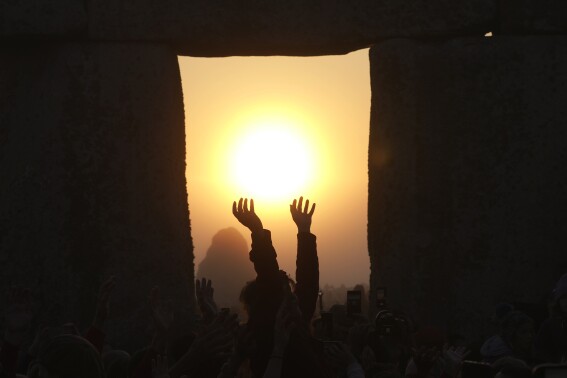As Americans brace for record-breaking temperatures across the Midwest and Northeast, experts are sharing their tips for staying safe in the heat.
The body of an American tourist was reportedly found on the Greek island of Mathraki, adding to a growing list of deaths and missing person reports during the record-breaking heatwave.
Read more: What Is a Health Savings Account?
More than 1,000 Americans are thought to die every year as a result of extreme heat in the United States, according to the U.S. Environmental Protection Agency. A large contributing factor to heat-related deaths is dehydration.
In hot weather, our bodies produce sweat to cool us down and maintain our core body temperature. However, when we don't have enough water, we can't sweat enough to maintain this healthy homeostasis, which ultimately results in heat stroke.
Heat stroke is a life-threatening heat illness. However, staying hydrated and avoiding overexposure to the sun can help minimize our risk.
Read more: Learn More About Emergency Funds and Where to Put Them
Newsweek spoke with Dr. Masarat Jilani, a doctor at the bladder care company Jude, to find out how we can stay hydrated during a heatwave.
"This may sound obvious, but drink plenty of water," Jilani said. "Aim for three liters a day in hot weather, and don't get caught outside in the heat without water. Ensure that if you are going outside, even for a short walk, you carry a bottle of water with you."
Water doesn't only come in liquid form, either.
"Enjoy snacks and salads with a high water content, such as cucumbers, strawberries and all types of melon," Jilani said. "These water-rich foods will help top up your hydration throughout the day."
Read more: Find the Right Type of Savings Account for Your Needs
There are, however, certain drinks that should be avoided in hot weather.
"Drinking too much alcohol in a hot climate can make it hard to stay well-hydrated," Jilani said. "If you do drink alcohol, ensure that for each glass you drink, you compensate with an additional glass of water."
Jilani said electrolyte solutions and rehydration salts can also be helpful to replenish lost minerals from sweating.
But how can you tell if you are drinking enough water?
"One of the most obvious signs of dehydration is dark-colored urine," Jilani said. "Healthy and hydrated urine should be a pale-yellow straw color. If you notice yours is dark, take this as a sign to focus on rehydration."
Do you have a tip on a health story that Newsweek should be covering? Do you have a question about heatwave health? Let us know via science@newsweek.com.
Disclaimer: The copyright of this article belongs to the original author. Reposting this article is solely for the purpose of information dissemination and does not constitute any investment advice. If there is any infringement, please contact us immediately. We will make corrections or deletions as necessary. Thank you.



